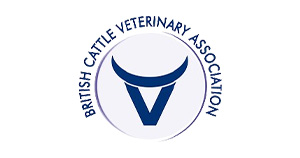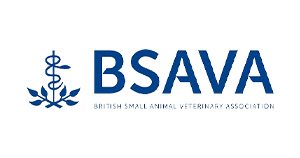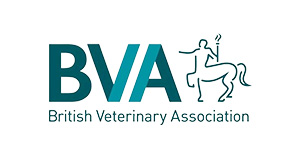Is Your Pet Overweight? Shepton & Wells Vets Guide to Pet Weight Loss
Published on: Apr 23, 2017
Unfortunately, pet obesity is extremely common in veterinary practice today.
Recent studies have concluded that a staggering 50% of dogs and 40% of cats are now over their ideal bodyweight. Sadly, pets who are carrying too much weight are more likely to develop secondary issues such as Diabetes, a reduce life span and mobility problems. Pets are more likely to get depressed as they struggle to complete everyday tasks such as running, jumping, grooming and even going for walks.
So, what to do if you think your pet is a little bit overweight? Firstly, always come in and have a chat with your veterinary surgeon, or veterinary nurse. Not only is it good to discuss your concerns, but it will also allow the veterinary surgeon to conduct a thorough health check, and eliminate any conditions that may be contributing to your pets excess weight gain.
Although diet and exercise go hand in hand with losing weight, if is also worth thinking about the way we are feeding our pets. The norm seems to be ‘place food in a feeding bowl’. However, why not get creative and have fun with feeding times. Consider using slow feeders, puzzle feeders, scatter feeding, snuffle mats, rubber feeding toys etc. There is absolutely no harm in making our pets work for their food. Slower feeding will often result in greater satisfaction. Also, get the kids involved and get them to make items out of cardboard boxes. It is well known that cats love cardboard boxes. Cutting up old toilet rolls or egg boxes and hiding kibble will not only keep the kids occupied but it is a great way to encourage play and increase mental stimulation in our canine and feline friends. Similarly, for indoor cats, think about moving their food around the house and placing it up high. By moving the food upstairs, you are encouraging exercise and natural behaviours.
One of the biggest misconceptions with putting an animal on a diet is that it is going to be a costly affair. On the surface, prescription weight loss diets can appear to be quite pricy. However, with these diets you often end up feeding less, thus the bag last longer. It will often work out that you actually paying less per day than the average shop bought pet food. It is also recommended that you weigh out a daily portion of food for your animal. Simply using a scoop, or a measuring cup is not advisable as this can vary the amount your pet is getting fed on a daily basis. Research has suggested that you can underfeed your pet by 18%, but over feed by a staggering 80% (German, 2010). Treats are usually the biggest downfall for pet owners, but cutting these out or replacing food items are all small changes that are easily made. For example, replacing highly calorific human foods such as cheese and sausages for water based vegetable and fruit (watermelon, courgette and cucumber) are a much healthier option. And as summer approaches, consider freezing the above treats. Although, be warned it can make a bit of a mess!
Finally, please remember that you are not on your own if your pet is on a weight lost plan. Although at times it may seem frustrating and disheartening, it can be equally very rewarding when you begin to see a change in your pet’s behaviour and shape. Regular weight checks with a nurse will help to keep you and your pet on track. So, if you have any concerns regarding your pet’s weight, please don’t hesitate to contact the practice.
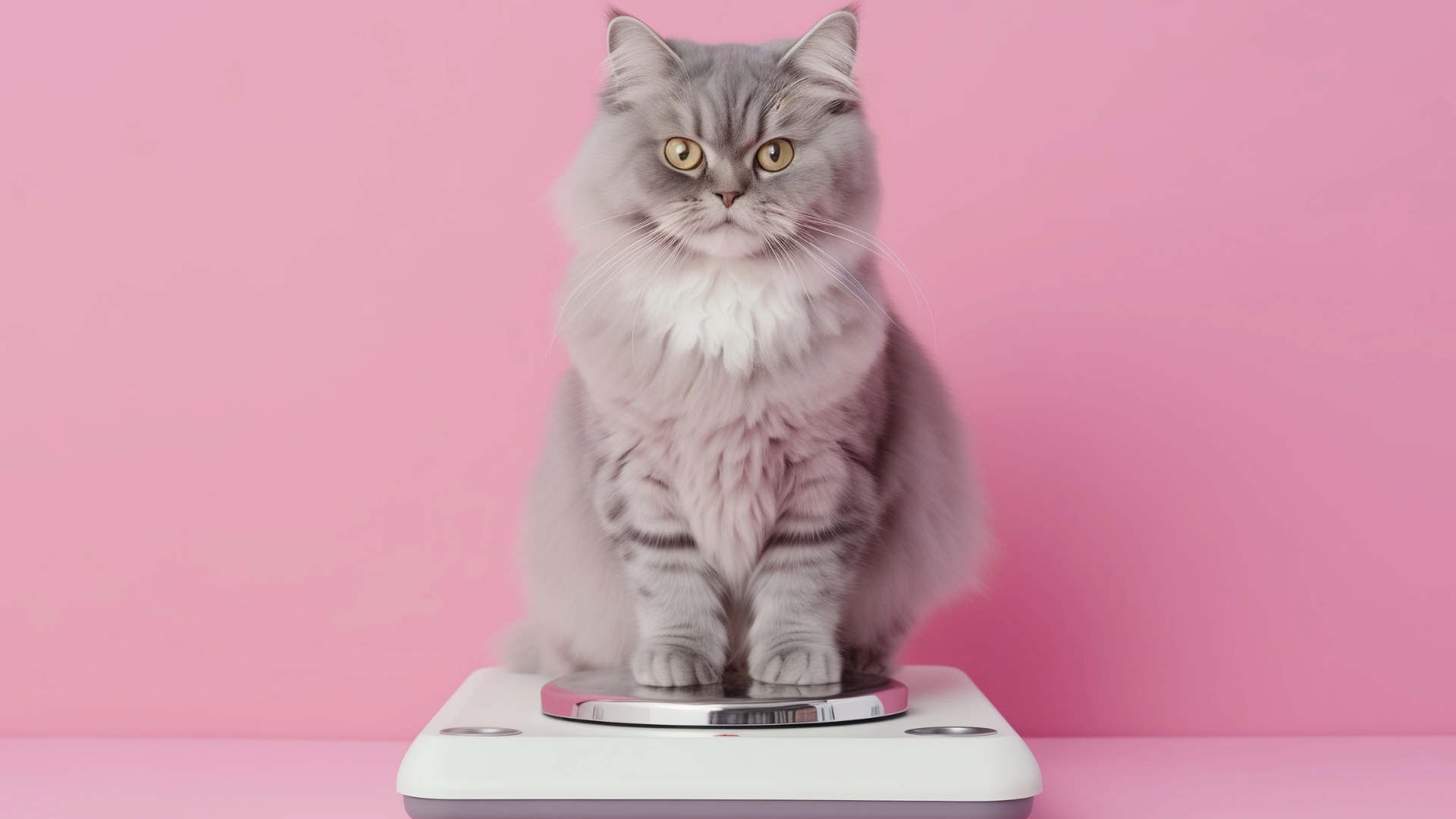
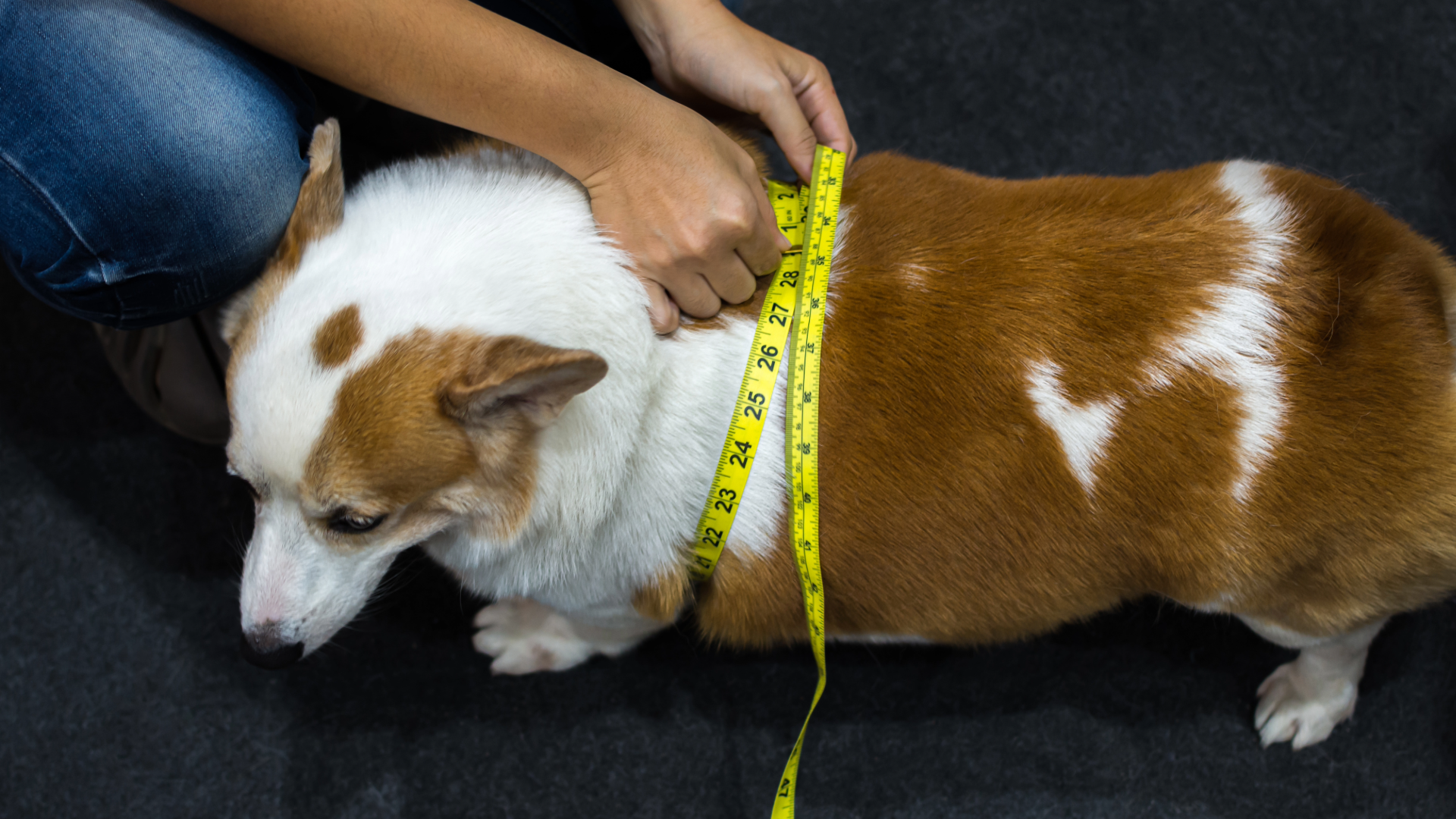
pet obesity | overweight dog | overweight cat | health risks of pet obesity | weight loss for pets | creative pet feeding | slow feeders | puzzle feeders | snuffle mats | pet weight loss diet | Shepton and Wells Vets
Caring for your pet as we do our own
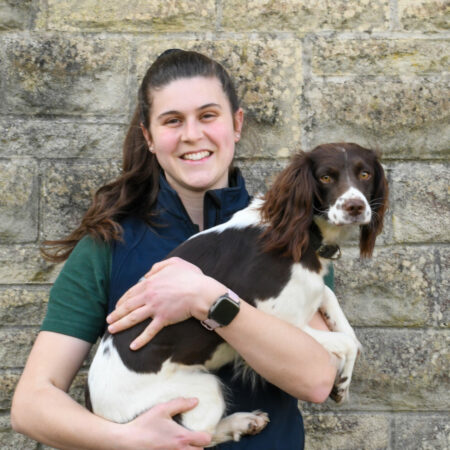
At Shepton and Wells Vets, we understand what your pets mean to you, and so our Pets team aim to care for each and every one of them as we would do our own.
We care about your pet
Our primary focus is keeping them fit, happy and healthy with comprehensive and effective preventative healthcare, advice and treatment.
We care about you
We aim to communicate clearly and honestly with you, and discuss different treatment options so that you can make the right informed choices for you and your pet.
We care about clinical excellence
We take pride in providing a high level of medical and surgical care, working together as a team to do the very best we can for your pet.






